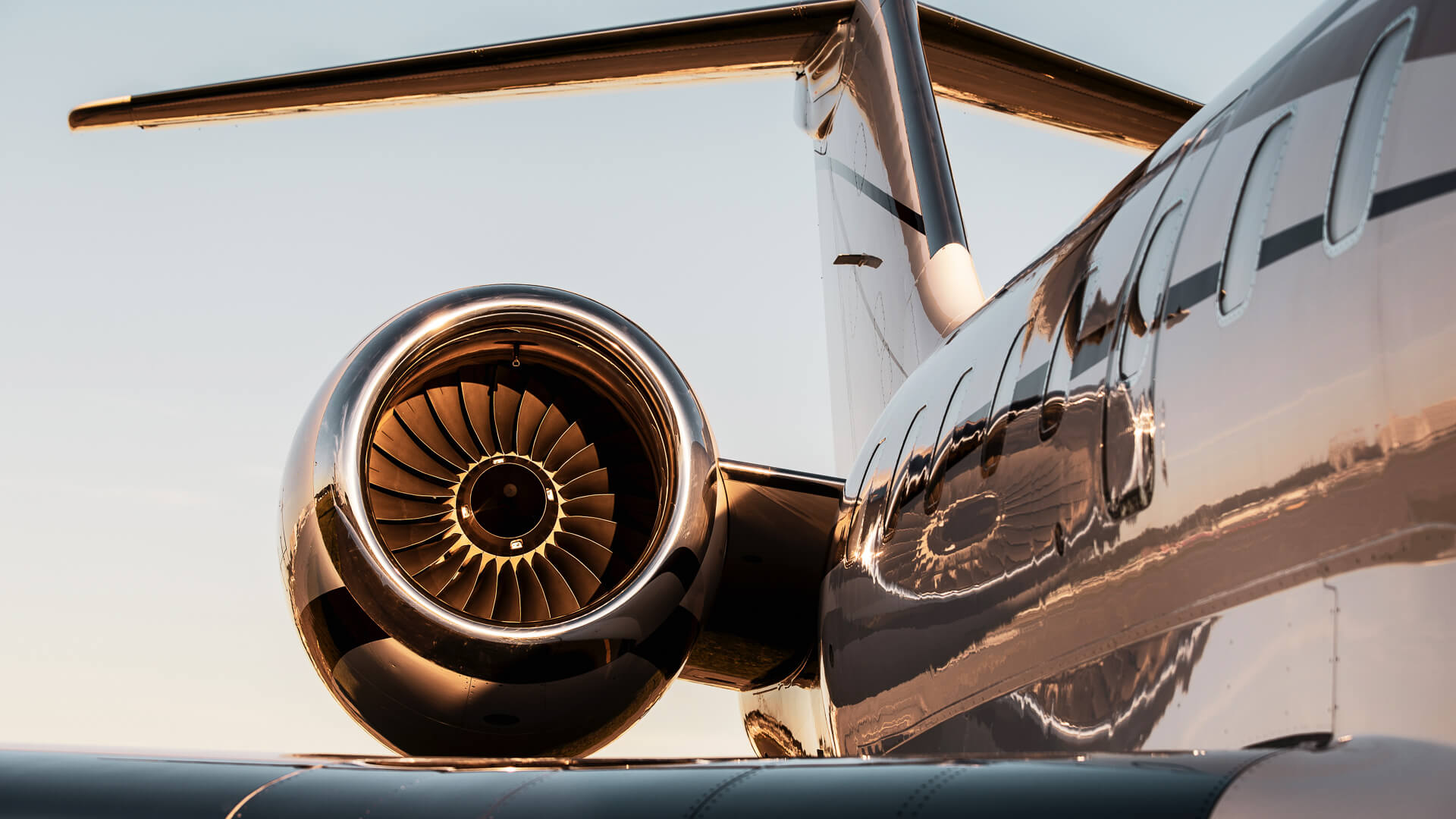
If your business is successful and you do a lot of business travel, you may have considered buying a corporate aircraft. The tax cuts and jobs act of 2017 expanded the scope of aircraft operating expenses that are disallowed as business expense deductions on a taxpayer’s income tax return to include certain commuting related expenses by adding a new section 274 (l) to the internal revenue code (“irc”).

The tax implications of owning a corporate aircraft.
Tax deductions for aircraft ownership. That deduction could be applied only to new aircraft, and the rate was set to drop to 30 percent in 2019. Sales and use taxes on aircraft purchases many states provide exemptions from sales and use tax for the purchase of an aircraft, such as an exemption for aircraft used in interstate commerce and an exemption for leased aircraft (although the. Under irc section 162 (a), companies can deduct travel expenses while employees are away from home pursuing a trade or business.
Your aircraft ownership, lease, or charter is subject to the listed property rules, which, when boiled down, simply state that if you have no log of business use, you will get no deductions. The tax cuts and jobs act of 2017 expanded the scope of aircraft operating expenses that are disallowed as business expense deductions on a taxpayer’s income tax return to include certain commuting related expenses by adding a new section 274 (l) to the internal revenue code (“irc”). For jet aircraft, liability insurance with coverage of $100 million or more is relatively inexpensive.
However, similar high limit coverage is not available for smaller aircraft. In states where leases are considered sales, an aircraft leasing structure may allow for the aircraft purchaser to be exempt from use tax on the aircraft and for sales tax to be paid on lease rent instead. Structures that are faa compliant or mitigate liability, may increase tax costs.
Irc section 274 (l) (1) provides that “no deduction shall be allowed. 162, a deduction is allowed for all ordinary and necessary expenses paid or incurred during the tax year in carrying on any trade or business. Federal and state tax regulations present challenges for aircraft ownership.
This “bonus” depreciation deduction was slated to decrease to 30% by 2019. The new law more than doubles the amount of depreciation previously allowed. New bonus depreciation rules allow an immediate 100 percent deduction of the purchase price of a new or used airplane.
Tax attorneys and advisers must recognize the impact of key tax provisions on business airplane purchases and ownership and implement tax planning techniques to ensure the best results for taxpayers. For aircraft placed in service in the 1st quarter of next year (2011) this would allow an additional allowance of $195,000.00, for a total deduction in the first year of service of $1,220,000.00. To successfully defend the cost of this travel as a business expense, it must be ordinary, necessary, reasonable and not lavish.
Tax impacts of private aircraft ownership tax deductions are a driving force behind the decision and desire to own an aircraft. Private aircraft flying private makes sense for those with the right information. October 14, 2020 by dan namowitz.
The first consideration in this test is the reasonableness of using a personal aircraft versus the use of. Under the new law, after 2022 the 100 percent bonus depreciation will phase down in 20. The payment of sales tax on rent instead of paying use tax on the aircraft when purchased normally results in significant overall tax
If your business is successful and you do a lot of business travel, you may have considered buying a corporate aircraft. Private air travel offers unmatched comfort, privacy, and convenience with the benefits of no security screenings, no crowded commercial flights, no lost luggage, and fewer flight delays. On the face of it, anyone can deduct 100 percent of a plane’s purchase price and maintenance expenses if the plane is used for nonrecreational purposes or leased to a flight school.
The business expenses attributable to the operation of. It’s easy to understand why people fly by private aircraft. Prior to the act’s passage, corporations and private individuals were eligible to immediately deduct 50% of the purchase price of a private aircraft used for business from their income subject to tax;
The tax implications of owning a corporate aircraft. Business travel only in most cases, if your company buys a plane used only for business, the company can deduct its entire cost in the year that it’s placed into service. Let’s look at the basic tax rules.
Under the act, 100% of the cost of an aircraft used in a trade or business may be depreciated during the first year of ownership (hereinafter referred to as “bonus depreciation”). Expenses for use by a sole proprietor of an aircraft owned by the sole proprietor may be deductible under § 162 based on the primary purpose test. The regulations covering the “additional first year depreciation.
Let’s look at the basic tax rules. Large turboprop comprehensive service agreement. Deductions include up to 100 percent of the cost under the bonus depreciation rules provided under federal tax reform or the offset of business income with large tax deductions associated with maintaining an aircraft.